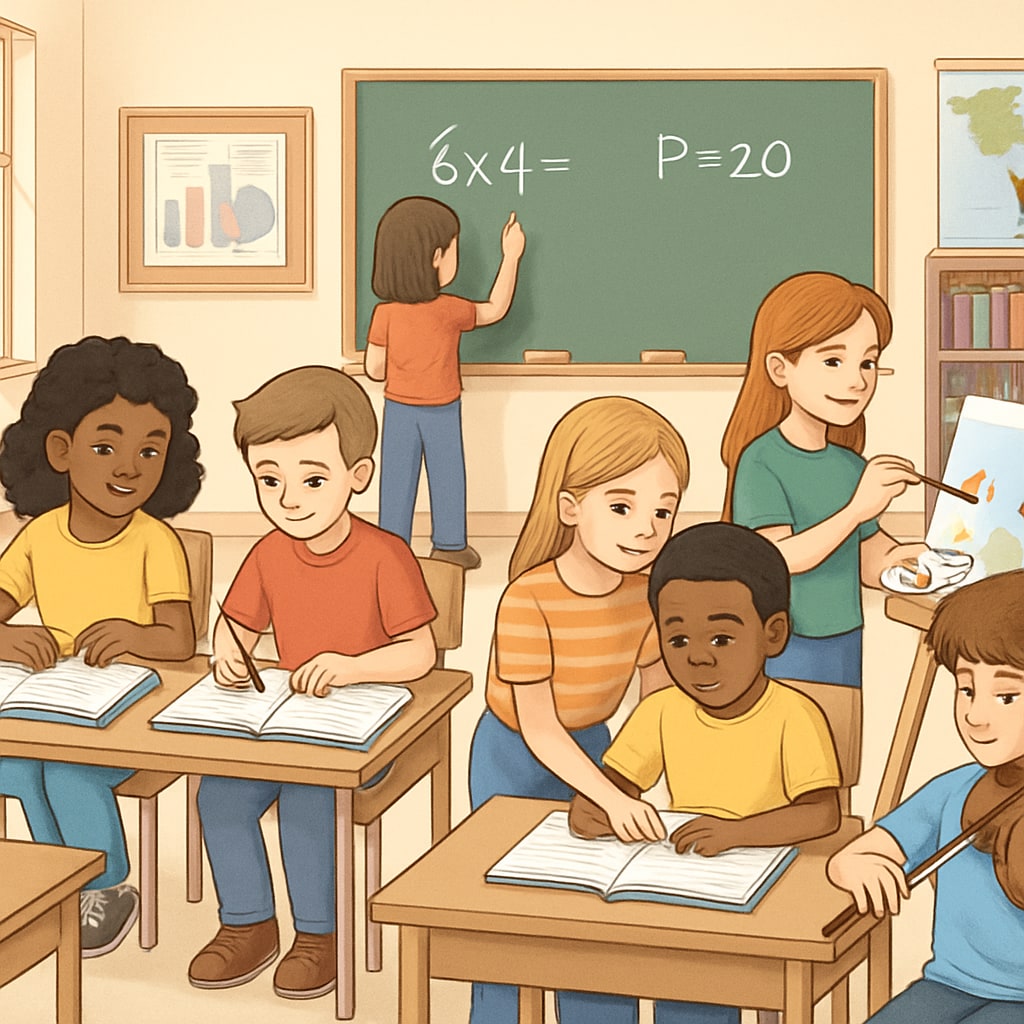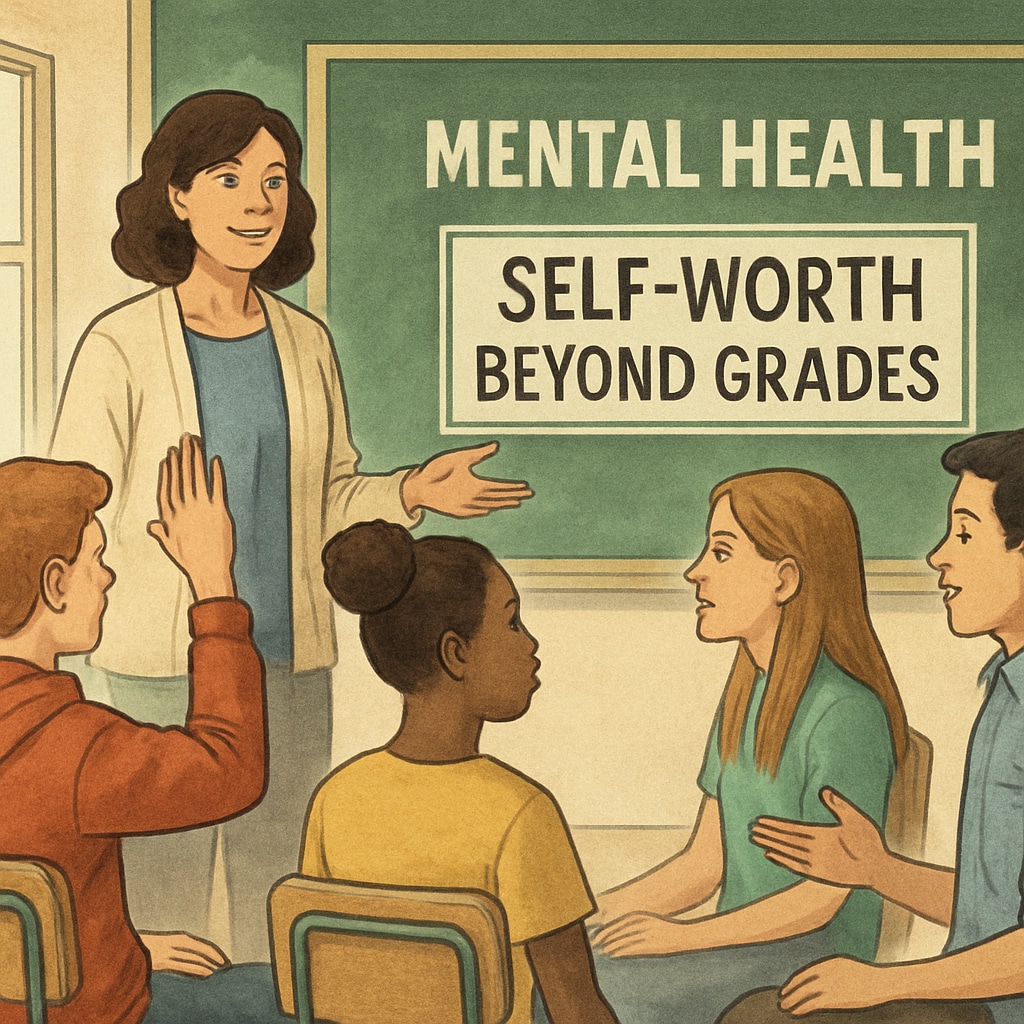Discussions about academic discrimination, academic bias, and self-worth have become more urgent in recent years, particularly as students face mounting pressures in the K12 education system. The overemphasis on prestigious institutions as the sole markers of success has led to widespread academic bias. This, in turn, creates unnecessary struggles for self-worth among students who may not fit into traditional molds. To address these challenges, we need to reimagine K12 education by shifting the focus toward holistic, ability-based evaluations and fostering a culture that values diverse skillsets.
Academic Bias: A Barrier to True Educational Growth
The current education system often perpetuates academic bias by glorifying degrees from elite universities as the ultimate measure of success. This phenomenon, known as “academic elitism,” disregards the individual talents and diverse capabilities of students. For example, a student skilled in creative arts or vocational skills may feel undervalued simply because their abilities are not traditionally emphasized in mainstream academia.
According to a report by the World Bank, education systems worldwide are becoming increasingly competitive, focusing more on rankings than on the holistic development of students. As a result, students are conditioned to believe that their self-worth is directly linked to their academic achievements, particularly their ability to gain admission into a top-tier university. However, this limited perspective ignores other critical aspects of personal and professional growth, such as emotional intelligence, creativity, and resilience.

The Psychological Toll of Academic Discrimination on Self-Worth
Academic discrimination doesn’t just affect career opportunities; it also takes a significant psychological toll on students. Many teenagers in the K12 phase internalize the societal preference for prestigious academic credentials, leading to feelings of inadequacy. This can result in mental health challenges such as anxiety, depression, and chronic stress.
For instance, students from underprivileged backgrounds may feel excluded due to their lack of access to resources that prepare them for competitive academic environments. Similarly, students who excel in non-academic fields often struggle with self-worth because their achievements are not celebrated in the same way as academic successes. These issues highlight the urgent need for a paradigm shift in how we define “achievement.”

Building an Ability-Based, Diverse Evaluation System
To combat academic discrimination and improve students’ self-worth, it is essential to adopt an ability-based, diverse evaluation framework. Such a system would prioritize individual growth and recognize a wide range of talents, from academic excellence to creative problem-solving and interpersonal skills.
Here are some actionable steps to achieve this:
- Redesign curricula: Include courses that focus on life skills, emotional intelligence, and creative thinking alongside traditional subjects.
- Implement diverse assessments: Move away from standardized testing as the sole evaluation method. Incorporate project-based assessments, peer reviews, and portfolio evaluations.
- Promote inclusivity: Ensure that schools celebrate all forms of achievement, whether academic, athletic, artistic, or vocational.
- Invest in teacher training: Provide educators with the tools to identify and nurture diverse talents, reducing unconscious bias in the classroom.
For inspiration, countries like Finland have implemented holistic educational models that prioritize student well-being and diverse skill development. As noted by the Britannica Encyclopedia, Finnish schools focus on equity and personalized learning, ensuring that every student feels valued.
Redefining Success in the 21st Century
Ultimately, the fight against academic bias and the journey to redefine self-worth begins with changing how we perceive success. Success should not be confined to academic credentials or university rankings. Instead, it should encompass personal growth, contribution to society, and the pursuit of one’s passions.
Parents, educators, and policymakers must work together to dismantle the harmful narratives surrounding academic elitism. By fostering an education system that values diverse abilities, we can empower students to embrace their unique strengths and build a sense of self-worth that is independent of external validation.
In conclusion, addressing academic discrimination, academic bias, and self-worth challenges in K12 education requires a collective effort to shift cultural norms and institutional practices. By creating a more inclusive, ability-based system, we can help students unlock their full potential and redefine the meaning of success for future generations.
Readability guidance: This article uses short paragraphs and clear subheadings to enhance readability. Lists summarize complex points, while external links provide additional resources for deeper understanding.


